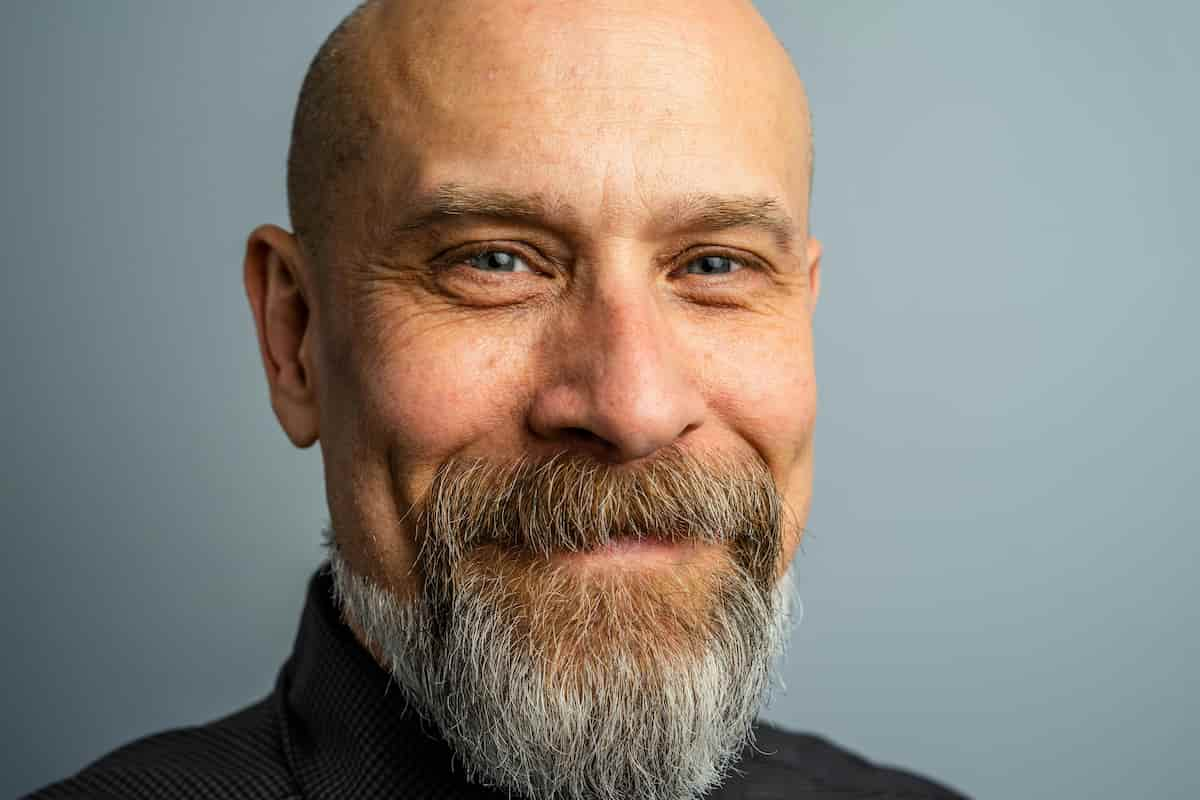Is 50 old? Young people have the most skewed perceptions about aging.
Children and young adults want to live until their early 90s, but those approaching middle age are less optimistic, a study finds.
People in their 30s and 40s want to live the shortest period, falling to a low of 88-years-old, on average.
Among people over 50, the ideal number of years starts to rise again.
Those in their 80s say they would like to live to an average of 93.
The study revealed a fascinating array of results about people’s perception of age.
It showed the well-known phenomenon that young people think anyone over about 30-years-old is a dinosaur.
They believed that middle age starts at 30 and old age begins at 50.
Dr William Chopik, the study’s first author, said:
“I find it interesting that there’s a ton of people who have skewed perceptions about aging – mostly young adults.
I think the most interesting finding of this study is that our perceptions of aging aren’t static – they change as we change ourselves.
What you consider to be old changes as you become old yourself.”
Changing perceptions
The results come from a study of over half-a-million Americans.
People’s views about age change steadily: 0ver the years a person finds the age they have reached isn’t so old after all.
Older adults often find that aging can bring happiness, said Dr Chopik:
“…older adults actually have really enriching lives and some studies suggest that they’re happier than young adults.”
Many people will have to think seriously about diet and exercise if they really want to live into their 80s and 90s, as life expectancy in the US is 79.
The study was published in the journal Frontiers in Psychology (Chopik et al., 2018).

